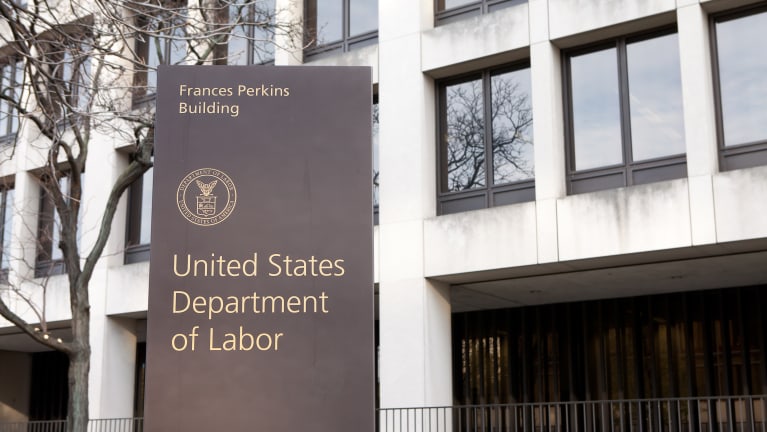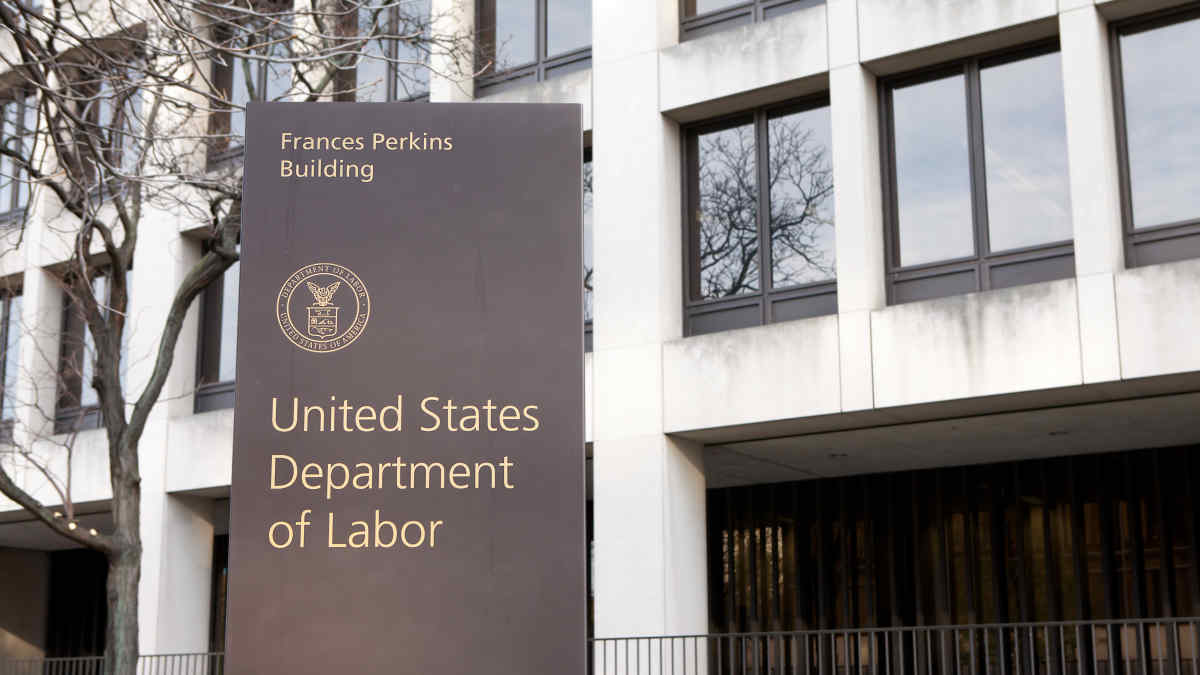

?The Office of Federal Contract Compliance Programs (OFCCP) has rescinded a 2020 rule’s expansion of a religious exemption to equal opportunity requirements, returning the exemption to its prior scope. The rescission takes effect March 31.
The 2020 rule’s expansion of the religious exemption had created the potential of conflict between religion and other protected characteristics, some legal experts said. However, Craig Leen, an attorney with K&L Gates in Washington, D.C., who was director of the OFCCP at the time of the 2020 rule, said that rule did not permit discrimination against other protected classes such as LGBTQ people.
The OFCCP enforces Executive Order 11246, which prohibits federal contractors and subcontractors from discriminating on the basis of race, color, religion, sex, sexual orientation, gender identity or national origin. The executive order has a religious exemption for certain religious corporations, associations and educational institutions for the employment of individuals of a particular religion.
Purpose of 2020 Rule
Covered entities had not been previously explicitly defined prior to the 2020 rule, said Sheila Willis, an attorney with Fisher Phillips in Columbia, S.C. The 2020 rule departed from jurisprudence under Title VII of the Civil Rights Act of 1964, which the OFCCP had used as guideposts for enforcement and interpretation.
The 2020 rule expanded the religious exemption by letting for-profit organizations claim the exemption if they could show that their businesses aimed to promote their religious values, said Alissa Horvitz, an attorney with Roffman Horvitz in McLean, Va.
The rescinded rule required that the exemption be “construed in favor of a broad protection of religious exercise, to the maximum extent permitted by the U.S. Constitution and law, including the Religious Freedom Restoration Act of 1993.” The Trump administration said its expansion of the exemption in the 2020 rule would open the door to more businesses engaging in federal contracting because the rule cleared up the “misperception that religious organizations are disfavored in government contracting.”
Rescission’s Aims
“With the rescission of the rule, we are returning to a longstanding policy in place for more than 17 years, under the administrations of both George W. Bush and Barack Obama, to determine the applicability of the religious exemption by applying established case law and principles to the facts and circumstances of particular cases,” said OFCCP Director Jenny Yang in a blog post. Federal contractors and subcontractors can once again rely on Title VII jurisprudence to determine how the OFCCP will investigate and evaluate religious exemptions.
The Biden administration said the primary purpose of the rescission was to provide clarity on the nondiscrimination laws, noted Lauren Hicks, an attorney with Ogletree Deakins in Atlanta. The Biden administration expressed particular concern with the divergence between the Trump administration rule and religious exemption case law under Title VII.
The practical impact is a “return to an approach that more closely balances the rights of protected classes on an individualized assessment basis without tilting the scales toward religion over the other protected bases, such as sexual orientation or gender identity,” Hicks said.
Federal contractors will soon return to prior precedent when determining if they fit within the religious exemption, said John Litchfield, an attorney with Foley & Lardner in Chicago. He said relevant factors will include whether the organization:
- Is primarily religious.
- Holds itself out as religious or secular.
- Operates for profit.
- Is affiliated with a religious organization.
Litchfield said the rescission “inherently provides better protections to LGBTQ people.”
Hicks said that although the collision of rights is an interesting legal and political issue, the rescission was unlikely to have a significant impact on most federal contractors or their employees. The typical federal contractor is a sizeable for-profit corporation outside the scope of either the exemption under the 2020 rule or standard following the rule’s rescission, she said.
However, Leen said the 2020 rule clarified in its final language that its religious exemption did not permit discrimination on the basis of other protected categories. Leen agreed there shouldn’t be discrimination against LGBTQ people. The 2020 rule’s greater specificity was “better for all protected categories,” he said.
Reaction to Rescission
The rescission did not address the stakeholder concerns that led to the 2020 rule, namely the fact that the exemption was ambiguous and not being invoked by religious organizations, leading to comparatively fewer religious organizations participating in federal contracting, Leen said.
House Committee on Education & the Workforce Chairwoman Virginia Foxx, R-N.C., criticized the rescission, saying: “Under the Biden administration, faith-based contractors are losing invaluable protections [that] safeguarded their ability to compete for federal government contracts freely and fairly. The Trump rule provided contractors with long-awaited clarity about their rights and obligations when competing for federal contracts. This improved competition for contracts and improved deliverables. Overturning the Trump-era rule will create a net negative for taxpayers and workers.”
She emphasized that religious freedom is a fundamental right enshrined in the Constitution by the First Amendment. She said the rescission “infringes upon that sacred right. An infringement on religious liberty anywhere is an infringement on religious liberty everywhere.”
However, Litchfield said the rescission and return to the original exemption that had been in place for 17 years would add predictability and “be good for employers and employees alike.”
